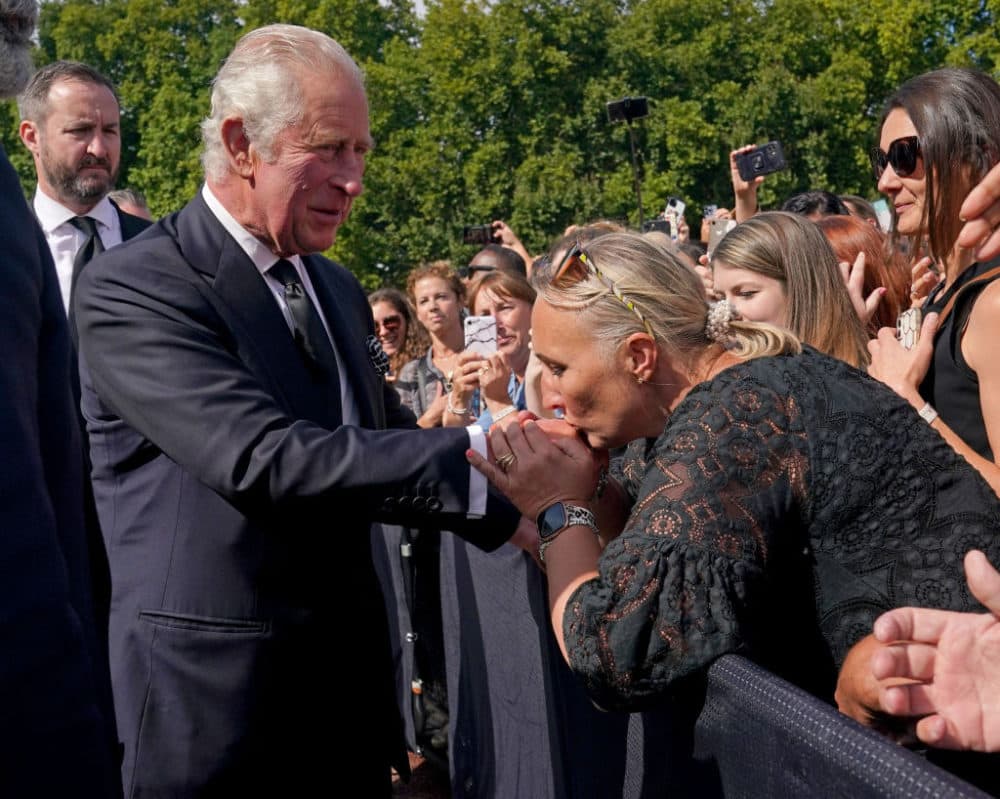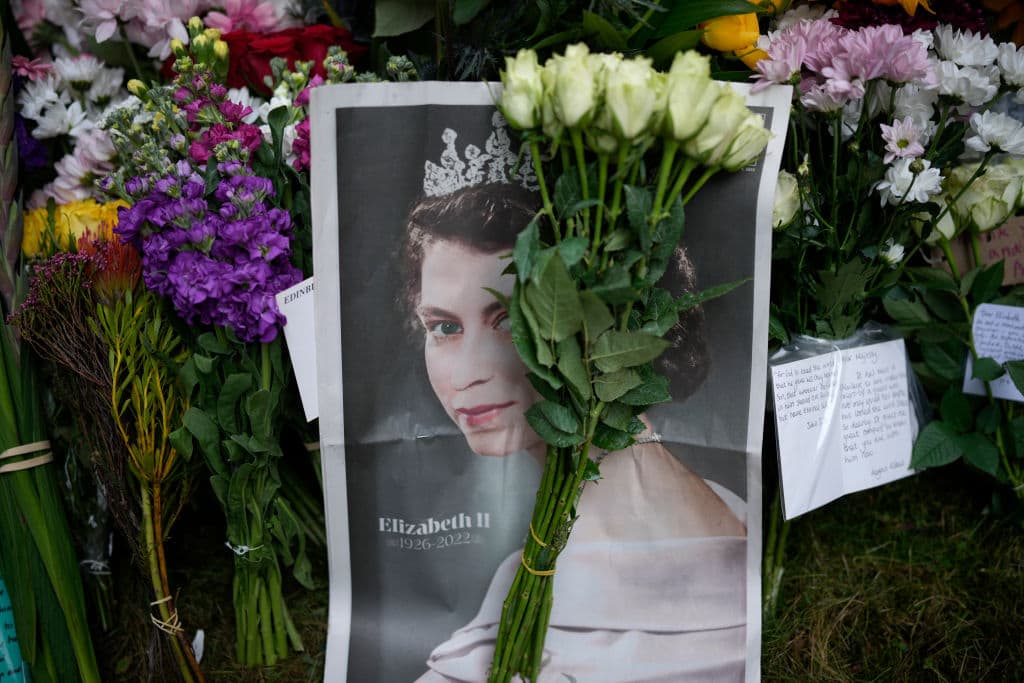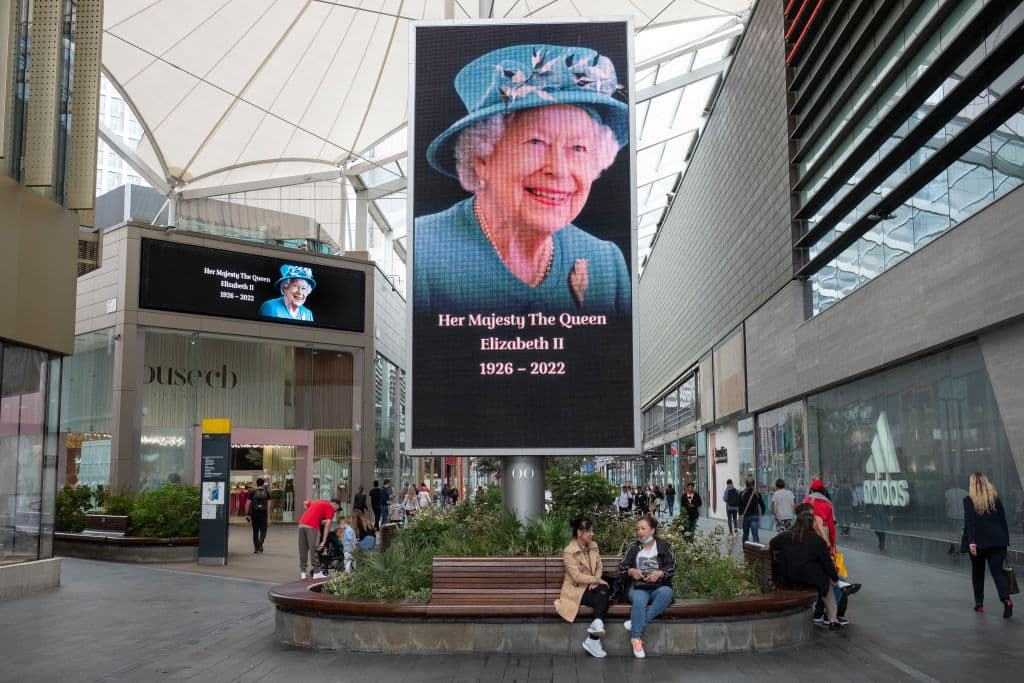Advertisement
Commentary
Charles is finally king. It’s time to think beyond gender in power

In 1900, the novelist Thomas Hardy recognized that Queen Victoria’s reign was
nearing its end. Well aware that the scandal-prone Prince Albert Edward would inherit the throne, he lamented the passing of the crown from mother to son. “As our Constitution has worked so much better under queens than kings,” Hardy explained, “the Crown should by rights descend from woman to woman.”
You might think that Hardy’s preference for queens was an endorsement of female leadership — or, at least, of female competence. Yet the reverse was the case.
As Hardy noted, he liked queens because the “softer sex” promoted a culture of “homage.” In other words, queens were easier to manage than kings. And more likely to be popular too.

Such characterizations of female sovereigns were a regular feature in Victorian
commentary. Queens were more “ductile” and “instinctive” than kings. As such, they were better suited to constitutional monarchy. Because sovereigns were increasingly meant to play a ceremonial role in British politics — to reign rather than rule — women were hailed as more “graceful” participants in the “pageantries that fill up the intervals of state business.” Misogyny, not merit, was at the heart of the 19th-century preference for queenship.
I kept returning to these Victorian assessments as I watched Charles III deliver his maiden speech Friday afternoon. While the speech hit all the right notes, it is clear that he still must convince his subjects that they should stand with him.
Some of this hesitancy, of course, stems from recent developments, especially the
charges of racism leveled by Meghan Markle against the royal family. Then, too, there is Charles’s own freighted personal history with Diana and Camilla. But surely some of the hesitancy also stems from the fact that Charles is a man assuming a position that, for the majority of the past 200 years has been held by a woman. In the process, the monarchy has become a gendered institution.

The gendering of the monarchy helps explain some of the anxiety around Charles’s
kingship. After all, if Queen Elizabeth II was a good queen — a great queen, even —
then much of this can be attributed to the fact that she was perceived as standing
“above the fray.” She was resolutely apolitical. What is more, she was a mother, both
to her family and to her people. Indeed, it was these very “feminine” qualities that
made Elizabeth’s subjects so welcoming of her reign at the time of her accession in
1952, even as the prospect of a female head of state might have unsettled many living in postwar Britain.
Meanwhile, pundits are already reminding us of Charles’s history of intervening in
political affairs, with concerns that such behavior might impact his ability to reign as a constitutional sovereign. (Charles tried to undercut these concerns during his speech Friday, when he stated that, “It will no longer be possible for me to give so much of my time and energies to the charities and issues for which I care so deeply.”) In fairness, some of these concerns are warranted. One only needs to think back to the “Black Spider memos,” a series of private letters that Charles wrote to government officials lobbying for various issues, which were released to the British public in 2015 after a prolonged campaign by The Guardian.
Advertisement
But some of this fear, too, I think, turns less on Charles’s own record than on his gender. Because he is a man, many assume, it will be challenging for him — if not impossible — to inhabit such a ceremonial role. Underpinning this conversation, then, are some very narrow conceptions about men and women’s proclivities.
We need to stay alert to this kind of gendering, and call it out when we see it. This is especially important because, with Charles’s reign, there is a fresh opportunity to
challenge longstanding assumptions about men and women’s “special” talents or
tendencies. It’s time to think about power and politics in ways that move beyond
gender. Becoming more flexible in our thinking will make it easier for men to reign,
and for women to govern.
